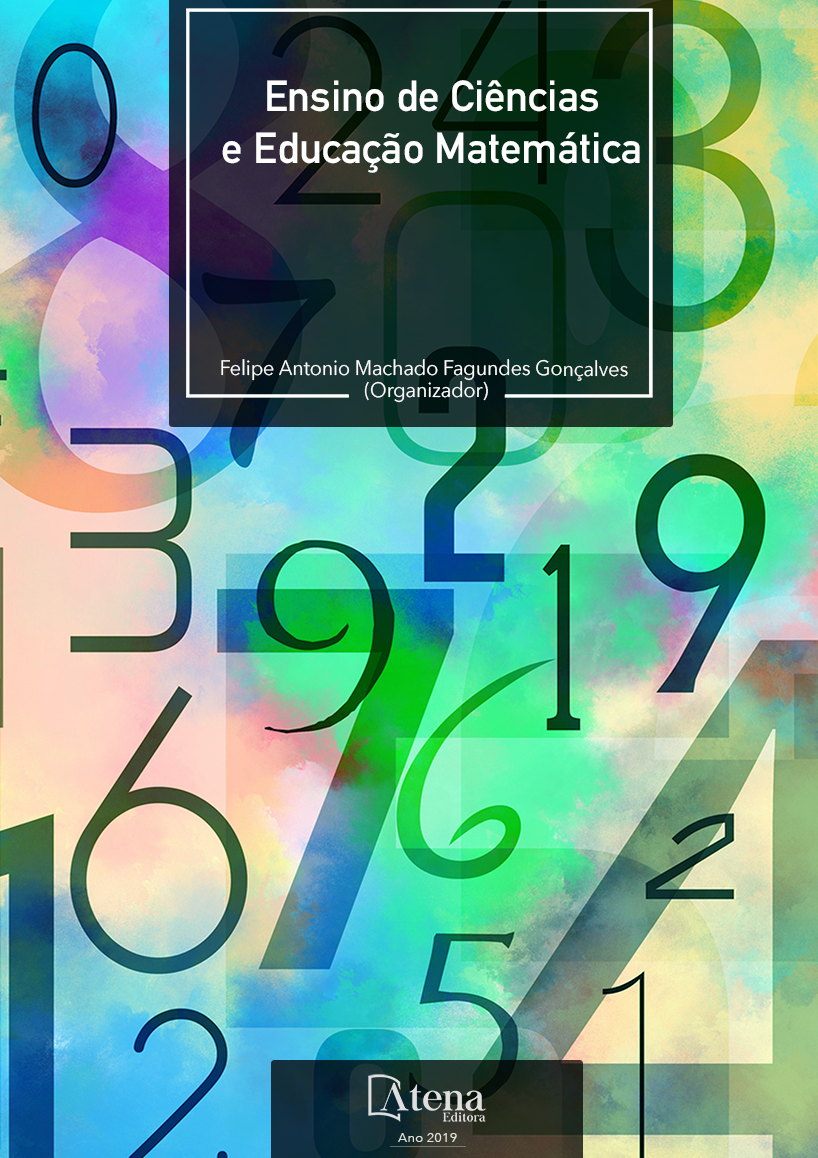
A (RE)CONSTRUÇÃO DOS SABERES: ULTRAPASSANDO AS BARREIRAS DA LINHA ABISSAL NO ENSINO DE CIÊNCIAS
A busca por um ensino inovador
e dinâmico, tem nos levado a pensar em
estratégias que ultrapassem a linha do
pensamento abissal. Uma linha imaginária
que está presente em praticamente todas as
esferas da sociedade. Dentro dos saberes
separa o conhecimento formal (cientifico) dito
como verdadeiro, do conhecimento informal,
classificado como crenças, misticismos, entre
outros. No entanto, entendemos que não existe
um conhecimento válido, infalível e absoluto,
existem sim diversas formas de entender e
refletir o mesmo problema. Devemos pensar
em um ambiente escolar que valorize estes
diversos saberes, partindo das particularidades
dos discentes e da comunidade escolar,
permitindo a estes, sentirem-se inseridos e
conectados aos conteúdos escolares. Neste contexto, o Ensino de Ciências apresenta-se
como o espaço ideal para promover a ruptura do
pensamento abissal, fazendo uso de diferentes
ferramentas pedagógicas que dão evidência
às experiências dos sujeitos. A Representação
Social e a Etnobiologia, quando utilizadas no
Ensino de Ciências, proporciona o diálogo e a
valorização dos diversos conhecimentos, assim
como uma pedagogia culturalmente apropriada.
Buscando sempre a integração entre discentes,
escola e sociedade contribuindo para a (re)
construção dos saberes.
A (RE)CONSTRUÇÃO DOS SABERES: ULTRAPASSANDO AS BARREIRAS DA LINHA ABISSAL NO ENSINO DE CIÊNCIAS
-
DOI: 10.22533/at.ed.7661925014
-
Palavras-chave: Educação, Pensamento abissal, Ensino de Ciências, Representação Social, Etnobiologia.
-
Keywords: Education, Abyssal thinking, Science Teaching, Social Representation, Ethnobiology.
-
Abstract:
The search for innovative and
dynamic teaching has led us to think of
strategies that go beyond the lines of abyssal
thinking. An imaginary line that is present in
virtually every sphere of society. Within the
knowledge separates the formal (scientific)
knowledge that is said to be true, from informal
knowledge, classified as beliefs, mysticisms,
among others. However, we understand that
there is no valid knowledge, infallible and
absolute, there are several ways to understand
and reflect the same problem. We must think of
a school environment that values these diverse
knowledges, starting from the peculiarities of the
students and the school community, allowing them to feel inserted and connected to the school contents. In this context, Science
Teaching presents itself as the ideal space to promote the rupture of abyssal thinking,
making use of different pedagogical tools that give evidence to the experiences of the
subjects. Social Representation and Ethnobiology, when used in Science Teaching,
provides the dialogue and the valuation of diverse knowledge, as well as a culturally
appropriate pedagogy. Always seeking the integration between students, school and
society contributing to the (re) construction of knowledge
-
Número de páginas: 15
- Aníbal da Silva Cantalice
- Marcelo Nocelle de Almeida
- MARCELA ERINGE MAFORT


